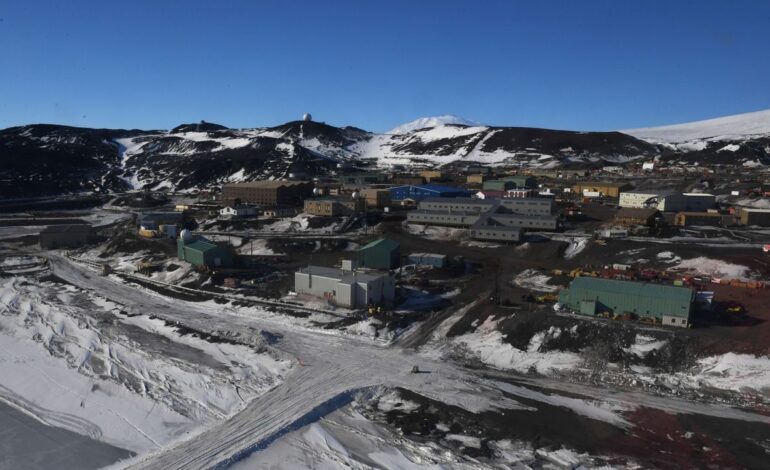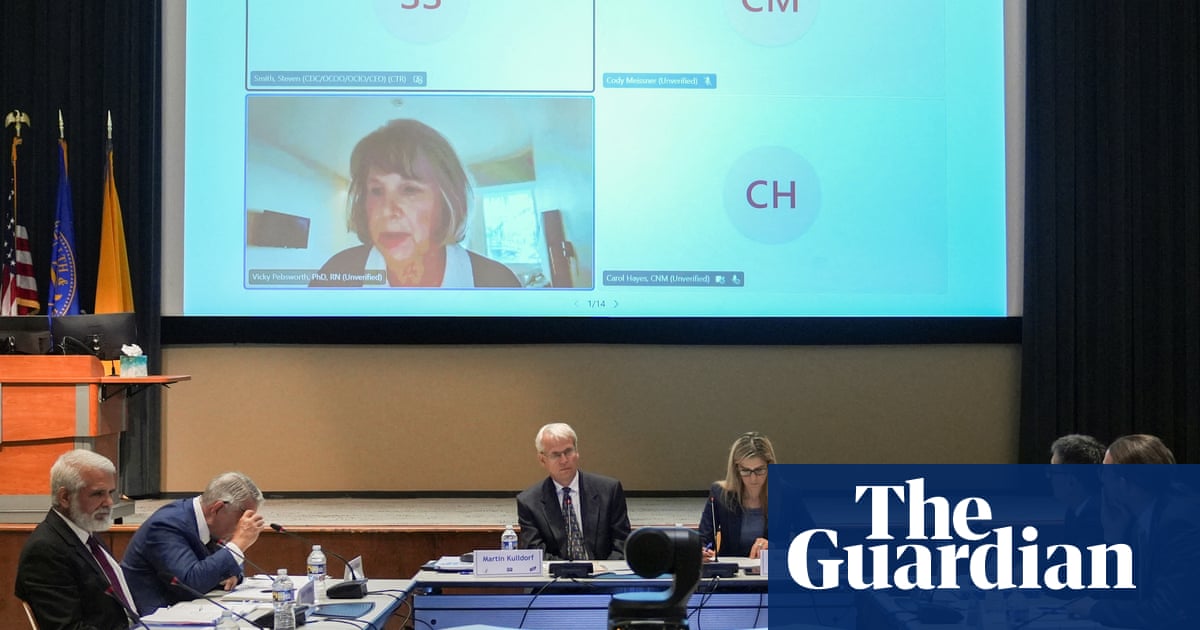Survey Reveals High Rates of Harassment in Antarctic Research

A recent survey conducted by the U.S. National Science Foundation (NSF) has revealed troubling statistics regarding harassment within Antarctic research expeditions. The survey found that more than 40 percent of respondents reported experiencing sexual assault or harassment during their time in Antarctica. This raises significant concerns as Antarctica serves as an analog for potential future space missions to the Moon and Mars due to its isolated and extreme conditions.
The NSF, which oversees the U.S. Antarctic Program (USAP), stated its commitment to fostering a safe environment for all participants in NSF-funded activities. A spokesperson emphasized that the foundation is dedicated to maintaining a culture free from sexual violence, particularly in such remote settings. The report, released in July 2023, aims to inform assessments, prevention, and follow-up measures to address these issues.
Asa Rennermalm, a physical geographer at Rutgers University and a past participant in NSF polar work, described the survey as “an important step” in tackling harassment. He noted, “Surveys like this play a critical role in documenting lived experiences that have too often been ignored or minimized.” The implications of these findings extend beyond Antarctica, highlighting necessary considerations for future missions to the Moon and Mars.
Concerns Over Budget Cuts and Response Capacity
The NSF’s ability to respond effectively to these findings is complicated by broader funding concerns. According to a report in Nature, both the NSF and NASA face significant budget cuts proposed by the White House. The ongoing scrutiny into issues of diversity, equity, and inclusion within federal funding has further muddied the waters, raising questions about the capacity of these organizations to enact meaningful change.
Despite these challenges, the NSF has committed to using the survey results to drive continuous improvement based on the experiences shared by participants. The survey canvassed 2,760 individuals who participated in NSF activities between 2022 and 2024, with approximately 25 percent completing the survey. Among those who provided feedback, 40.7 percent reported experiencing at least one instance of sexual assault or harassment.
The survey also included a “bystander inventory,” which revealed that nearly 70 percent of respondents had witnessed such incidents. Among those who observed harassment, 44.5 percent indicated that their most recent observation was part of a series of ongoing issues.
Addressing the Challenges of Isolated Environments
Antarctica is classified as an Isolated, Confined, and Extreme (ICE) environment, similar to conditions that would be encountered on long-duration space missions. Research has shown that individuals in ICE environments require specialized support to navigate the unique challenges presented by isolation and confinement.
A 2021 study published in Neuroscience & Biobehavioral Reviews highlighted the importance of proper screening and training for teams working in such environments. The authors suggested that effective leadership, coping strategies, and interpersonal skills training are essential for success during extended missions.
NASA has long integrated ICE studies into its astronaut training programs, exposing crews to various environments to improve their adaptability and resilience. For instance, astronauts training for missions aboard the International Space Station (ISS) undergo extensive preparation, including simulated experiences in caves, underwater habitats, and wilderness settings. Regular psychological support is also provided, with astronauts speaking to mental health professionals at least once every two weeks.
The NSF has faced scrutiny regarding its management of the USAP, particularly following a 2022 report that highlighted issues of sexual assault and harassment. The House Committee on Science, Space, and Technology initiated an investigation into these matters, discovering “serious deficiencies” in how the NSF handled USAP operations.
In response to the recent findings, the NSF has outlined several recommendations aimed at reducing harassment and improving reporting mechanisms. These include decreasing barriers to reporting incidents, increasing positive norms for bystander intervention, and enhancing supervisors’ engagement in prevention efforts. Some of these recommendations have already been implemented, including improved case tracking and bystander intervention training.
The NSF’s spokesperson emphasized the importance of understanding the specific dynamics of participants in remote environments, stating, “While prevention efforts can be adapted, it is critical to understand the dynamics of the participants.” The foundation aims to assist individuals who have experienced harassment or assault, offering resources and a dedicated web page for reporting incidents.
As Antarctic research continues to inform preparations for future space missions, addressing the challenges of harassment in isolated environments remains a critical priority. The insights gained from the NSF survey will be instrumental in shaping safer and more supportive conditions for all individuals involved in these vital scientific endeavors.






